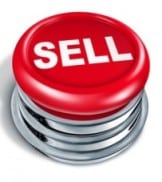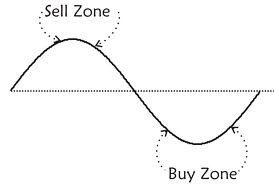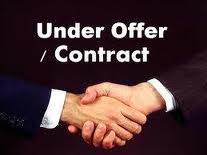New Apex Advisor
 Apex Business Advisors is excited to announce the addition of Valerie Vaughn to our professional team. Valerie brings over twenty years of business success with technology industry leaders Hewlett-Packard and IBM, and more recently with smaller organizations.
Apex Business Advisors is excited to announce the addition of Valerie Vaughn to our professional team. Valerie brings over twenty years of business success with technology industry leaders Hewlett-Packard and IBM, and more recently with smaller organizations.
After completing her doctorate in Chemistry, Valerie moved to Kansas City to join Marion Laboratories as a senior research scientist. After several years with Marion, she transitioned to HP as a pre-sales consultant and there she began to understand the tremendous value that a sales professional could bring to clients. Her increasing interest in sales and business led Valerie to earn her MBA from Rockhurst University so she could better understand the business challenges her clients faced.
Today Valerie’s passion is understanding the needs of her clients and helping them achieve their long-term goals. She knows the importance of finding a good seller/buyer fit when businesses trade ownership. Both sellers and buyers must win, and feel great about the transaction, or it isn’t a good deal. Her goal is to help both sellers and buyers find that perfect buy/sell fit.
Buyers or sellers seeking counsel about the process with no upfront fees should call Valerie at (913) 433-2315 or reach out via e-mail at .
Please join us in welcoming Valerie to Apex.



 What reasons might you have to sell your business? Do your motivations change from day to day or week to week? Having a clear understanding of what is driving your interest to sell is critically important for you AND your advisors. A proper marketing strategy depends on understanding these motivations.
What reasons might you have to sell your business? Do your motivations change from day to day or week to week? Having a clear understanding of what is driving your interest to sell is critically important for you AND your advisors. A proper marketing strategy depends on understanding these motivations. Recent activity in our business is proving very profitable for buyers. They have found gems that others passed on.
Recent activity in our business is proving very profitable for buyers. They have found gems that others passed on.
 It’s great being part of the entrepreneurial community in Kansas City where there are many great formats for meeting professionals in accounting, law, financial services, etc. One local group had a terrific networking lunch and learn. If you weren’t able to attend the recent Entrepreneur’s Club meeting at Hereford House, you missed out on listening to and learning from a great business expert,
It’s great being part of the entrepreneurial community in Kansas City where there are many great formats for meeting professionals in accounting, law, financial services, etc. One local group had a terrific networking lunch and learn. If you weren’t able to attend the recent Entrepreneur’s Club meeting at Hereford House, you missed out on listening to and learning from a great business expert, “Don’t count on it” according to a recent article in the NYTimes. Not unless you have done some essential planning in advance. Here is what you need to do:
“Don’t count on it” according to a recent article in the NYTimes. Not unless you have done some essential planning in advance. Here is what you need to do: What do sellers want when they sell their business? The best possible price of course (in cash)! The seller wants to be compensated for all their years of hard work developing a strong business. But what is the true value of the business?
What do sellers want when they sell their business? The best possible price of course (in cash)! The seller wants to be compensated for all their years of hard work developing a strong business. But what is the true value of the business? When is it appropriate for a potential business buyer to ask for details of the seller beyond financial statements and tax returns?
When is it appropriate for a potential business buyer to ask for details of the seller beyond financial statements and tax returns?